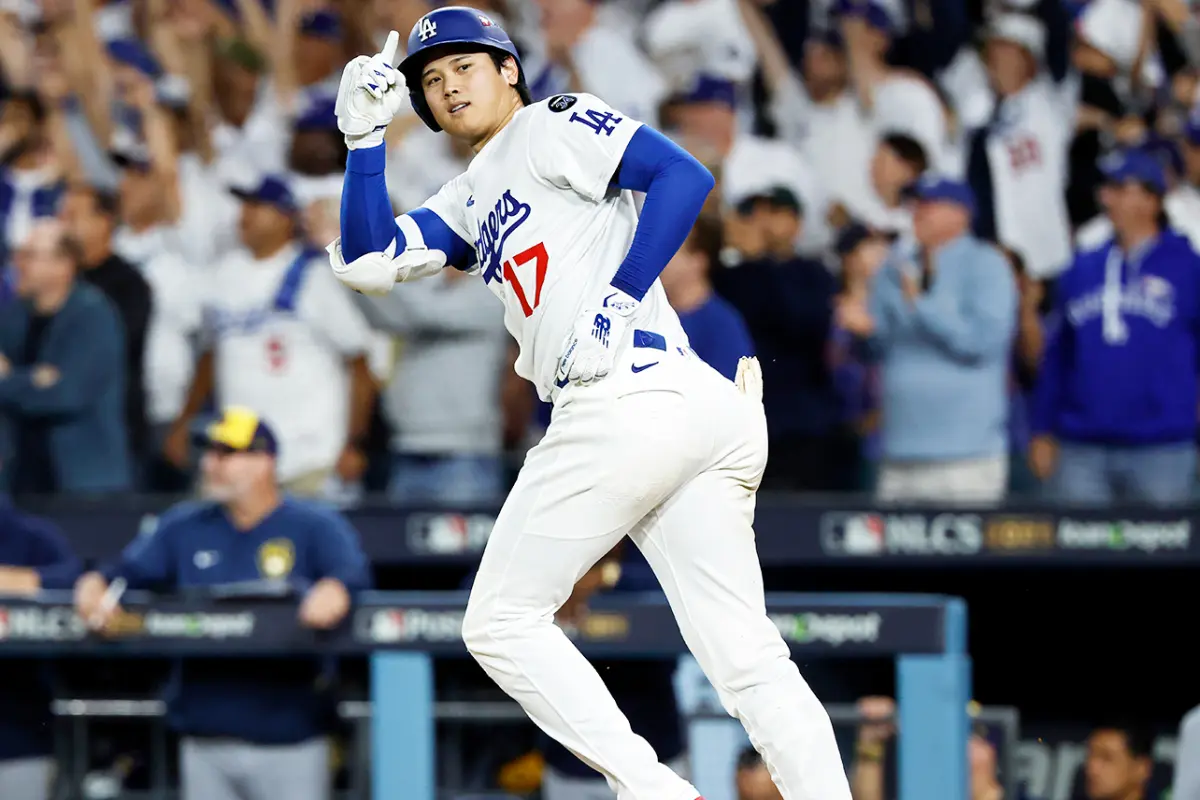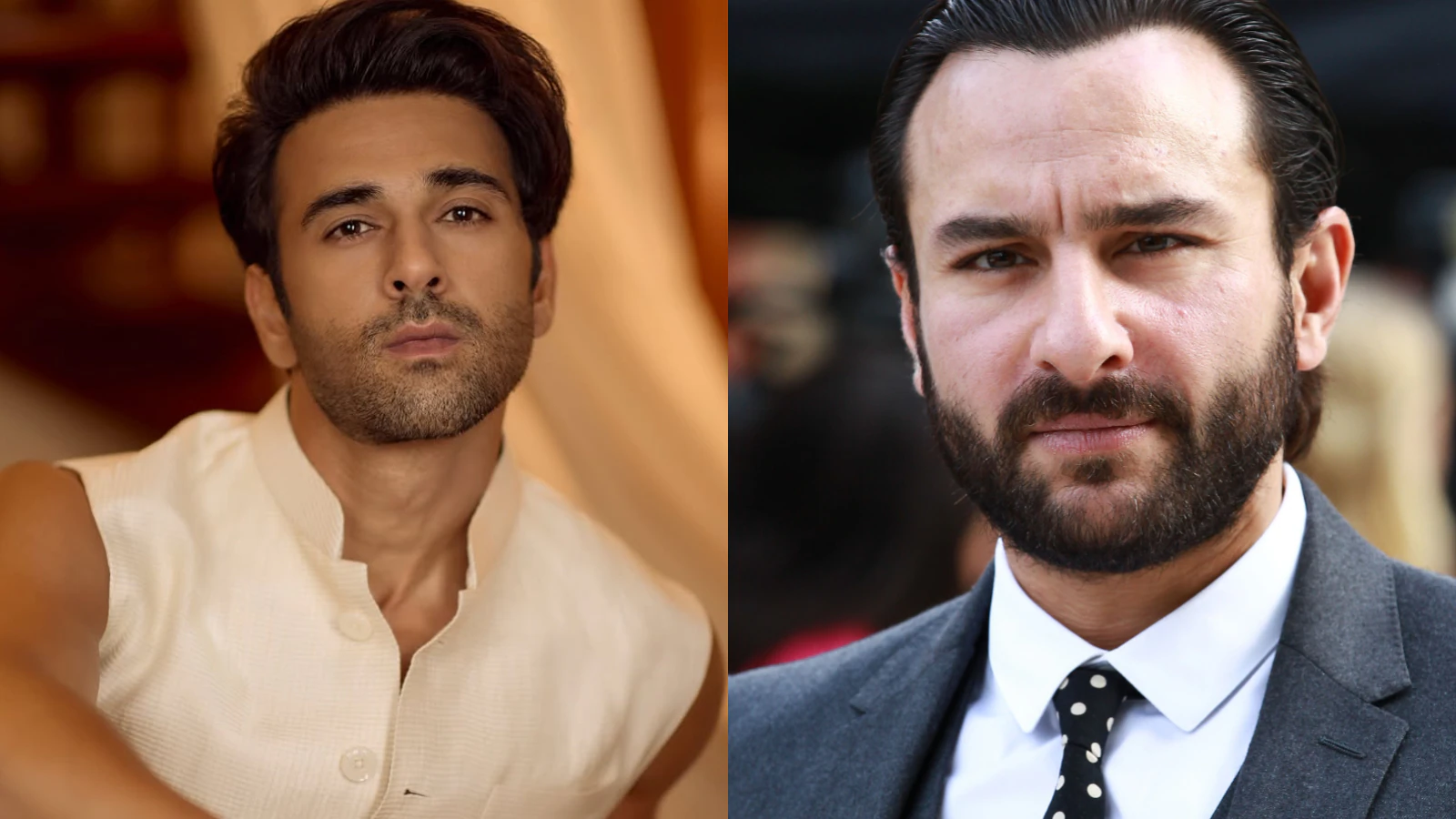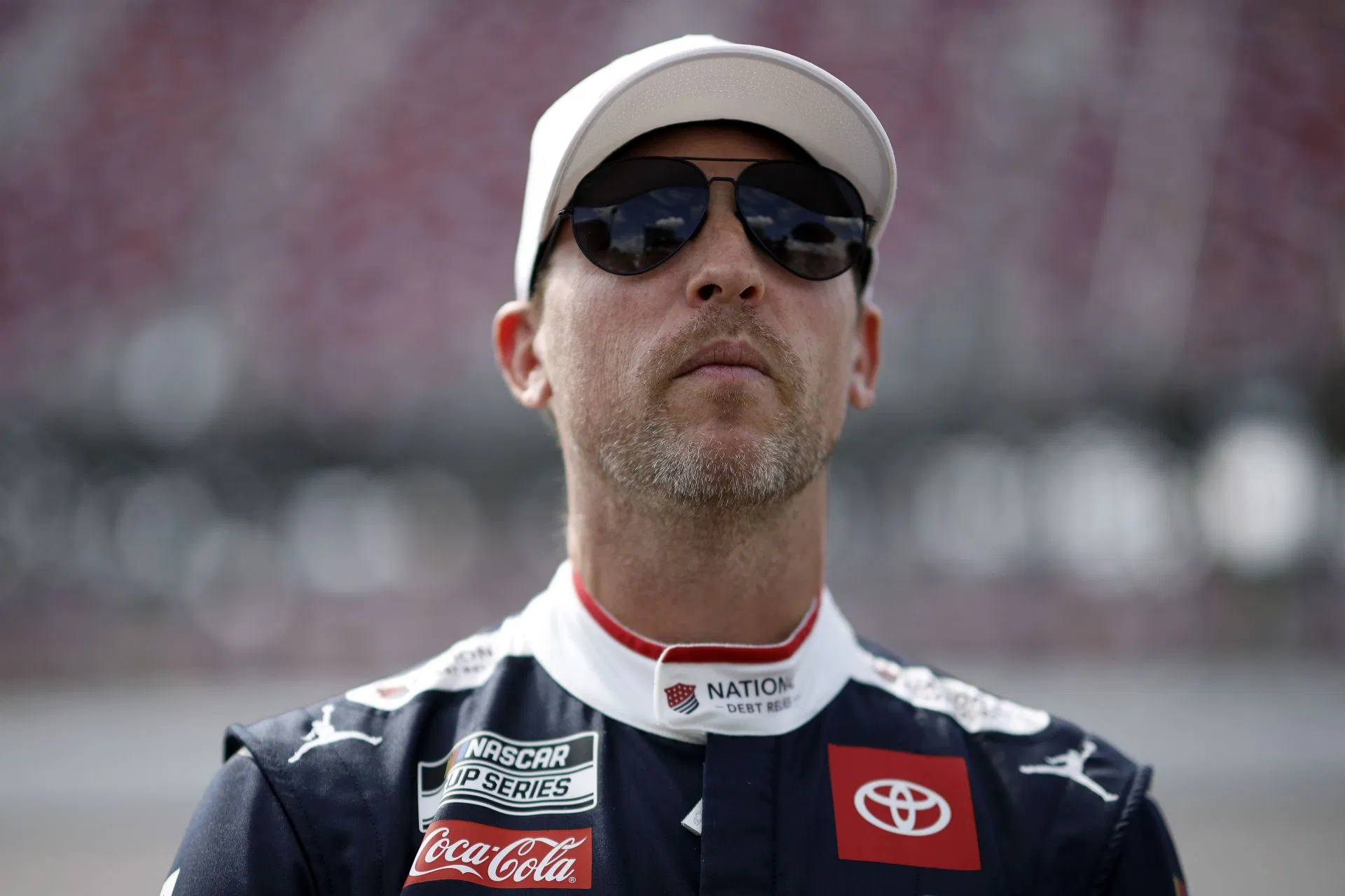Copyright NBC News

In 2022, after three minutes of spinning, flipping and skiing down a slopestyle course designed to resemble China’s Great Wall, Alex Hall raised his arms triumphantly while accepting the Olympic gold medal. Hall's golden moment was met with mostly silence. Standing atop the podium of a Beijing Olympics that played out under China’s strict “zero-Covid” policy, he looked at empty grandstands. He spent his next day being drug tested, seeing a handful of Team USA friends and doing interviews with journalists for hours before flying home to Utah. “Not having the fans in 2022, I think, was definitely a bit of a bummer,” Hall said. When the Winter Olympics open in 100 days with an opening ceremony inside Milan’s famed San Siro soccer stadium, a much different scene will await competitors taking part in the first truly open Winter Games since 2018. As befitting a complex competition featuring 16 different sports and innumerable geopolitical influences, the 2026 Olympics are being carefully watched by athletes, organizers and Olympics observers for a number of reasons. They are the first games since the International Olympic Committee elected its first woman as president, Kirsty Coventry. This is also an extraordinarily far-flung Olympics, with venues spread out between urban Milan and three mountain “clusters," some a five-hour drive away — Cortina d’Ampezzo, Livigno and Val di Fiemme. And Milan and the surrounding Lombardy region returns to the global spotlight after Covid wracked northern Italy nearly six years ago. Yet in the lead-up to the games, which begin Feb. 4, athletes have expressed excitement that not only are the Olympics returning, but fans are, too — and with them, a sense of competitive normalcy. In one sign of demand from the outside world to attend the first Winter Olympics in Europe since 2006, more than 120,000 people have applied to fill 18,000 volunteer positions, according to organizers. Hilary Knight, the four-time Olympic medalist for the U.S. hockey team who is preparing for her fifth Olympics, said competing in Beijing felt akin to playing in a television studio. “It didn’t feel like the Olympics because we were missing those moments or those touch points with those we hold so dearly that have cheered us on our entire careers and have sacrificed so much to get us to that one, key moment," Knight said. “Everyone’s just really looking forward to that experience, together. … It’s a shared experience, right? Like you win a medal, you want to share it with as many people as possible.” The Olympics have already faced, and passed, one post-Covid test, when athletes competing at the 2024 Summer Games in Paris often remarked at the size and sound of crowds that packed venues across the city. Organizers from the Milan-Cortina bid were taking notes from inside the closing ceremony, readying for a turn they have been waiting for since 2019, when the IOC selected their bid over a joint bid by Stockholm-Åre in Sweden. That Milan wanted the Olympics, despite the challenges of cost, logistics and infrastructure that have driven many other potential host cities away, did not surprise John Foot, a professor of modern Italian history at Bristol University in the U.K., whose research has included Italian sports. Cortina hosted the 1956 Winter Olympics, and elite skiers have long favored competing in the city. American skier Lindsey Vonn said its inclusion as a venue was partly responsible for bringing her out of retirement to try to make a fifth Olympics. "There's something special about Cortina that always pulls me back," Vonn said. Foot said it was likely that organizers in the city of more than a million — which sits in a wide, flat plane — had seen how hosting the 2006 Winter Olympics had helped spur Turin from an industrial to a post-industrial period of growth, in part thanks to a boost in tourism. Milan has a reputation as the economic engine of Italy because of its deep ties to fashion, industry and business, and for hosting six games during soccer’s 1990 World Cup, but it's not known as being a cold-weather city, Foot said. He could not recall whether Milan had an ice rink during his 20 years living there. “It always has been a crossroads city because it’s very well positioned for Europe,” Foot said. The last time northern Italy attracted such global prominence was in 2020, for far different reasons. More than two weeks after the country’s first Covid-related death in late February, in Lombardy, the region that includes Milan, all sporting events in the country were put on hold. In 2022, one research team estimated that the pandemic was responsible for more than 165,000 excess deaths in Italy. That number had risen to more than 188,000 by 2023. Milan was able to rebound more quickly economically than other major cities in Italy, Foot said. But the spotlight in February won’t be on Milan alone. Milan will host only ice hockey, speed skating, figure skating and short track, a fraction of the 116 medal events during the games. The rest will be spread out across a wide area requiring a five-hour drive between Livigno, just across the Swiss border, to Cortina. It takes approximately four hours to drive from Milan to Livigno, and an hour longer to go from Milan to Cortina. Even the venues that will open the games (San Siro) and close them (Verona) are a nearly two-hour drive apart. U.S. officials repeatedly have asked fans to be patient, and realistic, if thinking of traveling between venues. The U.S. Olympic & Paralympic Committee is “doing their best to make it feel like just a normal Olympic experience, even if athletes are separated by a few hours or multiple hours, and we’re not necessarily able to have that same close-knit village experience with all different sports,” Knight said. “That was definitely a high-priority item when we were talking with them and different athlete reps, is to feel that Team USA is really important, and to feel that energy from other athletes competing, to feel connected.” Winter Games are often spread out because of the need for both mountain venues and cities big enough to host a large amount of visitors, but the sheer distance in Italy could pose security risks, said Jules Boykoff, a political scientist at Pacific University and former member of the U.S. under-23 national soccer team who has written extensively about the Olympics. Nicole Deal, the chief of security for the U.S. Olympic and Paralympic Committee, said the “decentralized” geography has led the committee to work with the State Department to ensure there is enough security around U.S. athletes. Armin Zöggeler, who earned medals in luge while representing Italy in six consecutive Olympics from 1994 through 2014, and assisted in the Milan-Cortina bid, acknowledged that the distance was "definitely a logistical challenge." But he called it "a small price to pay when you think about what it means for the future of these locations." "The athletes are really excited to finally experience ‘normal’ Olympic Games again after what happened in 2022,” Zöggeler said. “Back then, it was sad to see so many restrictions and empty venues. Northern Italy has such a rich winter sports tradition, and I know all the athletes will feel that energy during the Games. For the Italian team, having the Olympics at home is one of the greatest opportunities you can get in your career. I still remember Torino 2006 very well and I hope the athletes in 2026 can feel something similar. The support from the Italian fans, the 'Tifosi,' is something truly special. "I’m excited for the world, but especially the athletes, to see that passion again." If the upcoming Olympics feel like the first "normal" Winter Games since 2018, then some of the issues facing them also feel typical to Boykoff, who called concerns over overspending, gentrification and environmental impacts typical for Olympic host cities. In the spring, Milan organizers announced a budget of about $1.9 billion, more than $100 million more than previously estimated, though that total did not take into account the cost of building a new hockey arena in Milan or rebuilding a sliding center in Cortina that had been used in the 1956 games. Rebuilding the sliding track required felling around 800 trees, which drew protests from environmental groups, and also concern from competitors that it would not open in time. When tests of the sliding track began this fall, however, it drew strong reviews. What remains concerningly unresolved, however, is whether a new hockey arena in Milan will be ready to host a competition that will see NHL players take part for the first time since 2014. The chief executive of Milan’s local organizing committee, Andrea Varnier, said the “timeline is very tight,” according to The Associated Press. In July, prosecutors in Milan alleged that corruption was behind the city’s soaring real estate values, including the construction of an Olympic village. The mayor denied wrongdoing to the city’s council. A court dismissed the accusations in September. But others have apparently viewed the Olympics as a chance to exploit; two men were arrested this month on charges of trying to illegally obtain public works contract and control nightlife and drug dealing in Cortina, according to prosecutors in Venice. The Olympics could very well be a “17-day party” in Italy, Boykoff said. If it does, it will be a strong opening act for the tenure of Coventry, a former Olympic swimmer from Zimbabwe who is only months into running the IOC. “There are real prickly issues and controversial issues around the exclusion of trans athletes, the handing of the Olympics to dictatorships with principles that absolutely don’t chime with the principles enshrined in the Olympic Charter, so I don’t envy her at all,” Boykoff said. “I think she’s walking into a very difficult situation, and Italy and the Milano-Cortina Olympics is her first chance to really put her own original stamp on the Olympic Games.” Hall, the freestyle skier, donned a sweatshirt bearing the Italian and U.S. flags Tuesday as he described his excitement in defending his gold medal in locale he knows well. Before he moved to Utah when he was 16, Hall, whose mother is Italian, grew up skiing the Alps. In 100 days, he expects to see a large number of aunts, uncles and cousins who live in Italy cheering him on in Livigno, up close. "She's got a huge Italian fam," Hall, now 27, said of his mother. "So they're all pulling up."



